I am just back from giving a talk to the Contemporary Theology Group at St Peter’s in Canterbury. I was terrified! It was a thoughtful and erudite audience but they were immensely warm and kind. I plan to post the talk up in blog-sized bits with links to the poems I read over the next few days.
I imagine that there are people here from a variety of faith traditions, or perhaps none at all. But I’d like you to think of this question, have you ever missed God? Do you think society misses God? If so, when do you miss Him – or Her – or It? When do you think God is most missed?
I’d like you to keep those thoughts in mind as I read a long poem by the Irish poet Dennis O’Driscoll, who died suddenly this Christmas, aged 58.
Missing God by Dennis O’Driscoll
When I asked those questions at the beginning, some of you, especially if you are a ‘word-anorak’ like me, might have picked up on the fact that the word ‘miss’ has two meanings.
The title ‘Missing God’ is ambiguous – deliberately I’m sure. The word missing is either an adjective – as in the ‘missing link’ – or else a gerund – a verb’s functioning as a noun, the state of missing someone, in this case, God.
The poem is unusual in being written in the second person plural – we, our – rather than the more usual first person singular or third person of most poems. By using ‘we’ the speaker in Dennis O’Driscoll’s poem is assuming a universality of feeling, that all of us, in the registry office, the crematorium, etc are collectively, ‘missing God’.
I’m going to looking at some of the ways poetry can speak to that ‘missing’, and serve some kind of spiritual purpose.
As writer-in-residence at Truro Cathedral – which incidentally was the best job I’ve ever had – I had two functions. The first was to write poems for the cathedral, to be used in services and elsewhere and secondly to engage the wider public with the building and its activities through poetry.
We advertised a series of writing workshops, free of charge, open to all, where people could write in a cathedral ‘context’. The word ‘context’ was intended to convey the idea of weaving in themes and existing poems into new writing.
The group met in the crypt in the Canon’s Vestry, sitting in amongst piles of old hymn books, the verger’s golf clubs, the cathedral treasures locked away in a corner and rails of newly laundered surplices. On the first afternoon, 16 people sat around the big table, equal mixture of men and women, ages ranging from twenties to seventies. I knew some, a few established poets and, surprisingly perhaps, only two from the cathedral congregation. I began by suggesting we went round and everyone gave their name and said where they were from.
I expected people to say, I’m Bob from Penzance or My name’s Fiona and I live in Redruth. Instead, the first one to speak gave an account of her faith journey, from childhood to the present day, and everyone else followed suit. The religious and faith traditions that were mentioned included Methodist, Roman Catholic, the cathedral goers, Buddhist, members of Cornwall’s historic Jewish community, Plymouth Brethren, Evangelical, atheist and, and this may be Cornwall-specific, a couple who identified as pagan.
What was striking about most of the stories was their fluidity. The majority, although not all, were searching. Some had had toxic experiences with religion but found themselves drawn back, especially to the accepting atmosphere of the cathedral. Truro Cathedral sits right in the centre of the town, the West doors virtually next to the Post Office and previously Marks and Spencers – which has since moved to a bigger premises which blocks out the cathedral on the road to Falmouth.
It was also apparent that these stories were important and I sensed that they hadn’t been publicly told before. How many people out in the world give an account of how they came to their particular form of faith or belief, especially if it’s involved a series of stepping stones rather than being a permanent structure or a case of converting from one to another?
But the stories were very much waiting to be told and I suspect that it was some combination of arriving for a poetry workshop in a cathedral that released them. In a poetry workshop, people rarely mention faith – and in my experience, the word God can actually seem shocking in the world of contemporary poetry. And in faith settings people seldom talk about how faith or belief can be provisional. Somehow, coming into the cathedral, descending through a specially unlocked gate into its depths and entering a room marked poetry gave a particular kind of permission.
Some of you may have heard an item this week on Radio 4’s religious magazine programme Sunday, where there was a feature on two comedians who had set up a ‘godless church’. One of them said, ‘We didn’t believe in God but wanted a place where lots of people could come together and celebrate life. The Sunday Assembly is a godless gathering that features songs, readings, a guest speaker and an address.’
This made me think about people that come to poetry. They may not believe in God but they may want certain things – or they may find in poems what they didn’t know they were looking for.
There is some recent research suggesting that people who are ‘spiritual but not religious’ are more prone to mental health problems than people who define themselves as either religious or with no interest in religion or spirituality.
Similarly, it’s well documented that artists and poets in particular are more likely to suffer mental health problems than the population at large. Poets especially are more likely to be diagnosed with what’s now called bipolar disorder, or manic depression.
Neither of these indicates a causal relationship, just an association or correlation. It could be, though, that people who are searching for meaning are drawn to poetry. Or people who may already have some kind psychological difficulty are self-medicating with poetry, either reading it or writing it. Teenagers instinctively keep diaries or listen to gloomy music – the Smiths in my day – during those difficult changing years. Some people, such as when Princess Diana died, may write just one or two poems in their lifetime at moments of intense emotion.
2 Comments
Leave A Comment
You must be logged in to post a comment.


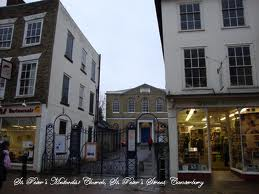
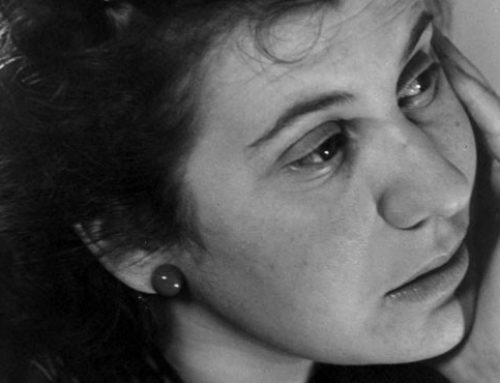
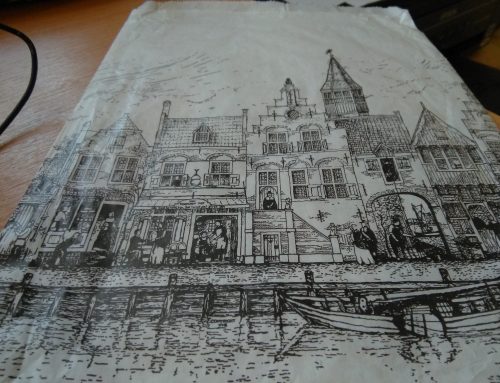


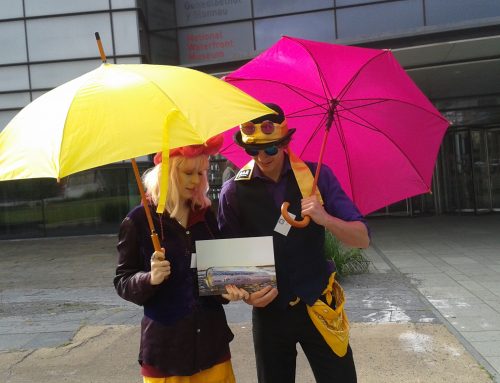
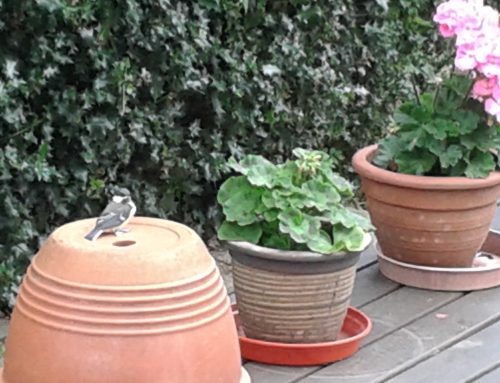


In a way this blog echoes a discussion I was having on LinkedIn with a linguist in Austrailia. I was enquiring about Viking Runes and Murray Alfredson posted a link to a triptych he wrote called ‘Twilight of the gods’:
http://www.synapse.net/kgerken/Y-1207.pdf It observes a thread running through ancient Egyptian and Old Norse mythology into Christianity.
One of the things I find fascinating is the way language itself seems to be developing as faith fades.
[…] brings me back to Truro Cathedral I referred to in my first post from this talk, and the fragile space created by the stories of spiritual and faith journeys. A […]